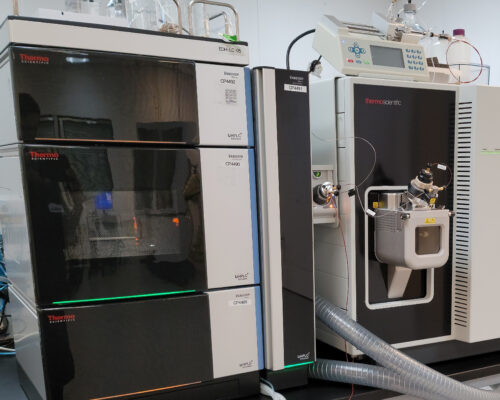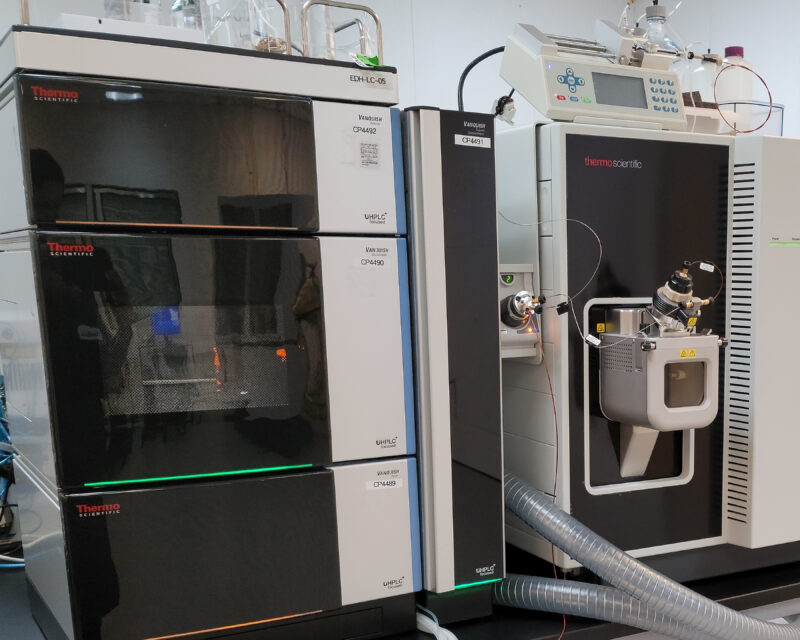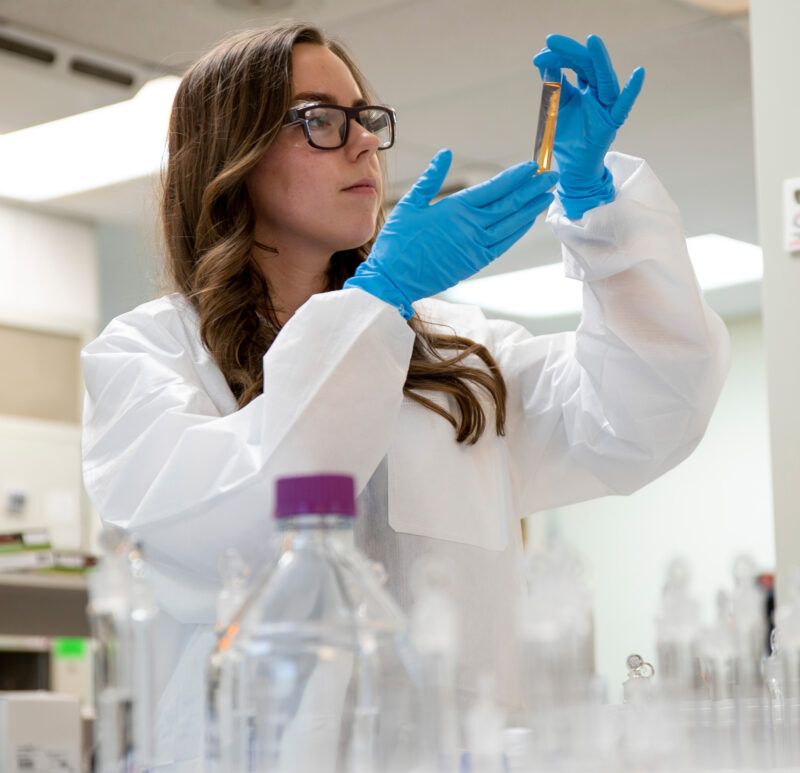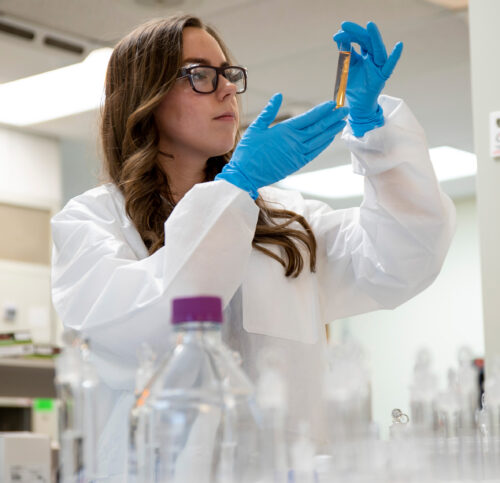 “The dose makes the poison” – Paracelsus (c. 1493– 1541), born Theophrastus von Hohenheim
“The dose makes the poison” – Paracelsus (c. 1493– 1541), born Theophrastus von Hohenheim
The Threshold of Toxicological Concern (TTC) refers to levels of mutagenic impurities expected to pose a negligible carcinogenic risk.1 The US FDA, the EMA (European Medicines Agency), and the European Food Safety Authority (EFSA) all have TTC values and regulations in place for food and active pharmaceutical ingredients (APIs), along with numerous other products.2,3 Originally, these standards were applied to TTC levels from oral ingestion but have expanded to even include cosmetics and fragrances.4,5
One tool to assess risk is the use of Cramer classes for organic impurities. They range from I-III, indicating a low, medium, or high probability of toxicity.5
There are numerous tools and techniques to assess TTC, depending on the product (food, water, and other beverages, APIs, or cosmetics) and the mutagenic impurity. AMPAC Analytical can utilize TTC guidelines and risk assessments to establish method development and validation targets that ensure acceptable levels of mutagenic impurities in your API or food products. Contact us today to learn more about analytical strategies to control mutagenic impurities.
*Taking Care of Business
References
- https://www.fda.gov/media/85885/download
- https://www.ema.europa.eu/en/ich-m7-assessment-control-dna-reactive-mutagenic-impurities-pharmaceuticals-limit-potential
- https://www.efsa.europa.eu/en/topics/topic/threshold-toxicological-concern
- https://www.sciencedirect.com/science/article/abs/pii/S0278691507002207
- https://www.sciencedirect.com/science/article/abs/pii/S0273230015300660
Resources
- https://www.fda.gov/media/85885/download
- https://www.frontiersin.org/articles/10.3389/ftox.2021.655951/full
- https://academic.oup.com/toxsci/article/86/2/226/1653574
- https://www.sciencedirect.com/science/article/abs/pii/S027869159600049X




 Forced Degradation is an important addendum to our
Forced Degradation is an important addendum to our